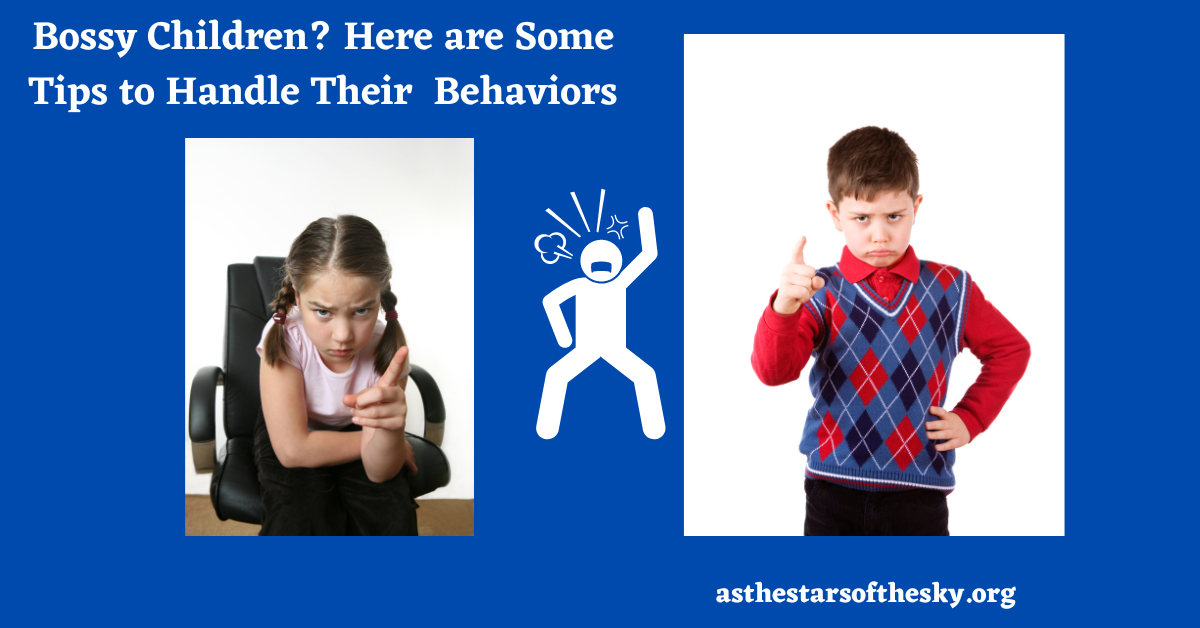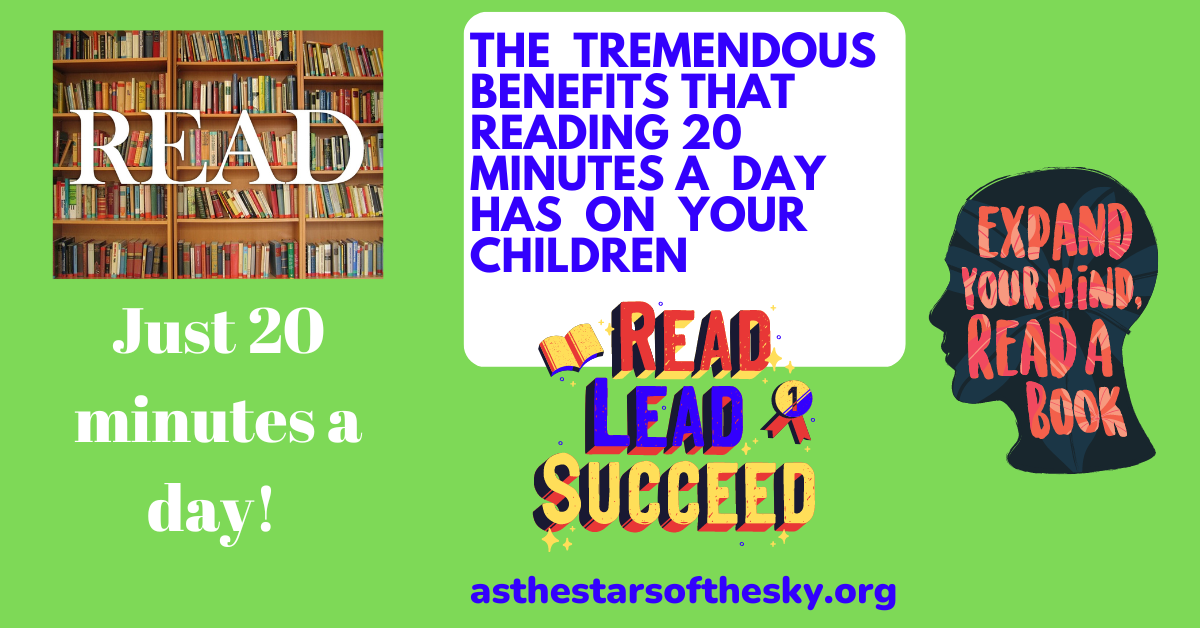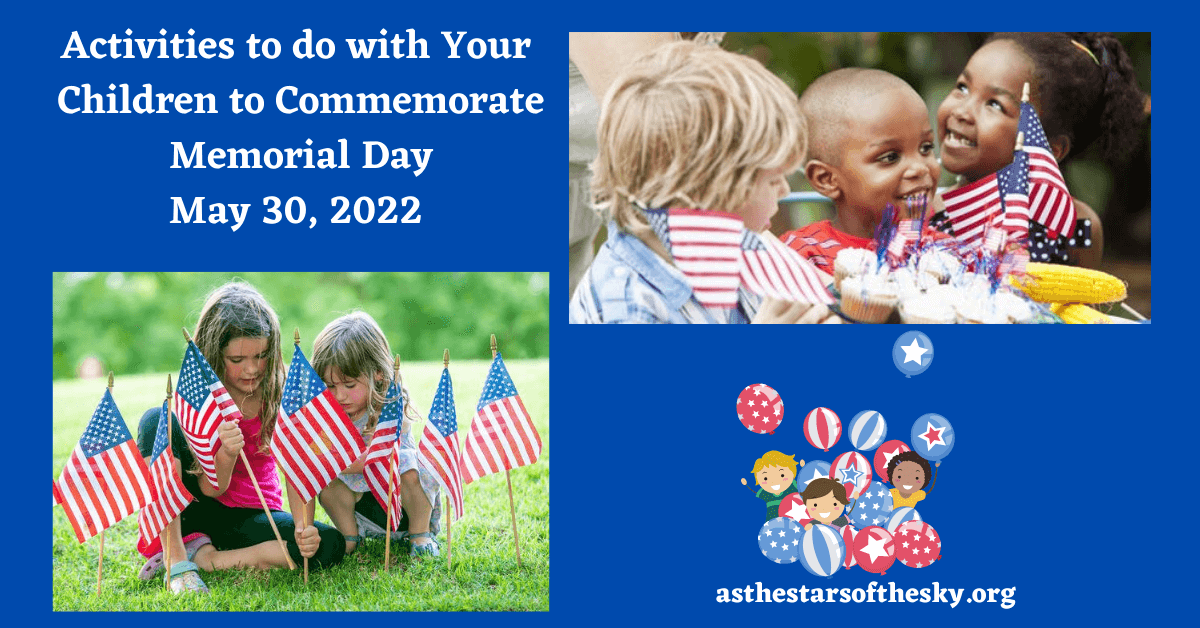Growing up, I loved to read biographies and autobiographies of people who had overcome many challenges. Their stories of determination to accomplish their goals truly inspired me! Today, I would like to share the story of Wilma Rudolph, an amazing woman who overcame polio to become an Olympic champion. Her story is one of many struggles and ultimate successes achieved by faith.
She was born in 1940 Tennessee and was the 20th of 22 children. By the age of 5, she had been sick with scarlet fever, pneumonia, and polio. As a result, she lost the strength in her left leg, and had to wear a brace until she was 12 years old. Because there was very little medical care for African Americans in her town, her family sought medical treatment for her at a historically Black hospital, Meharry Medical College, which was about 50 miles from where she lived. For two years, Wilma and her mother took a bus each week for treatment for her leg. Because of the medical treatment and frequent at home massages on her leg performed by family members, she was able to walk by age 12 without the leg brace or wearing an orthopedic shoe.
Wilma later said: "My doctors told me I would never walk again. My mother told me I would. I believed my mother."
It was during her high school years that she began to excel in sports, especially track. She attended a summer camp for track and then by her junior year, she participated in 1956 U. S. Olympic track and field trials and qualified for the 1956 Melbourne Summer Olympics. Although she lost in the preliminary rounds, she gained experience that was critical to her future career. During her senior year in high school, she became pregnant and gave birth to her daughter Yolanda. She went on to attend college at Tennessee State University (TSU) where she continued to be coached in track and excelled.
She competed in 3 events in the 1960 Rome Summer Olympics and won a gold medal in each: the 100- and 200-meter sprints, as well as the 4 × 100-meter relay. She was the first American woman to win 3 gold medals in a single Olympiad. Wilma became very popular and known as “The Tornado – the fastest woman on earth.” The Italians called her “The Black gazelle”. In addition to winning the gold medals during her career, Wilma also won a bronze medal and broke 3 world records.
In the mid-1960s, Wilma left sports and returned to TSU to earn a degree in education. Wilma said: "When I was going through my transition of being famous, I tried to ask God why was I here? What was my purpose? Surely, it wasn't just to win three gold medals. There has to be more to this life than that." And, for Wilma, there was! She became a teacher and then actively participated in the Civil Rights Movement. She received many accolades and awards during her lifetime and was inducted to numerous Halls of Fame.
I will continue to write blogs about people whom I believe will inspire your children. Please be sure to share my blog posts with your children and discuss them.
To learn more about Wilma, please visit:
http://wilmarudolph.com/
https://en.wikipedia.org/wiki/Wilma_Rudolph
https://www.womenshistory.org/education-resources/biographies/wilma-rudolph




















